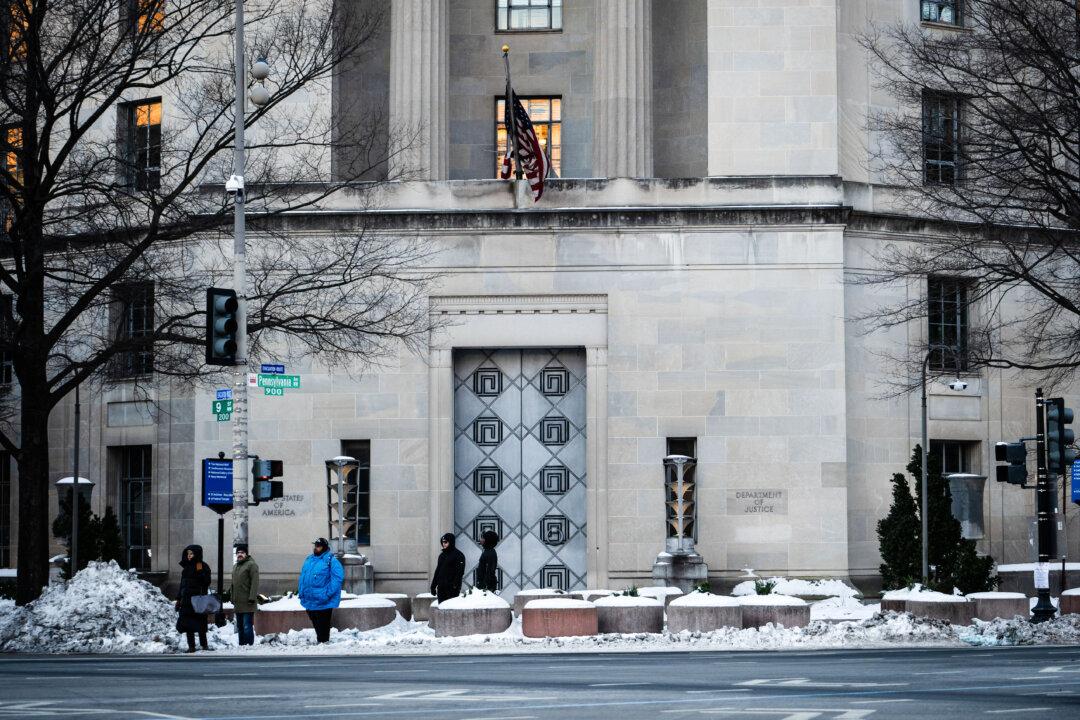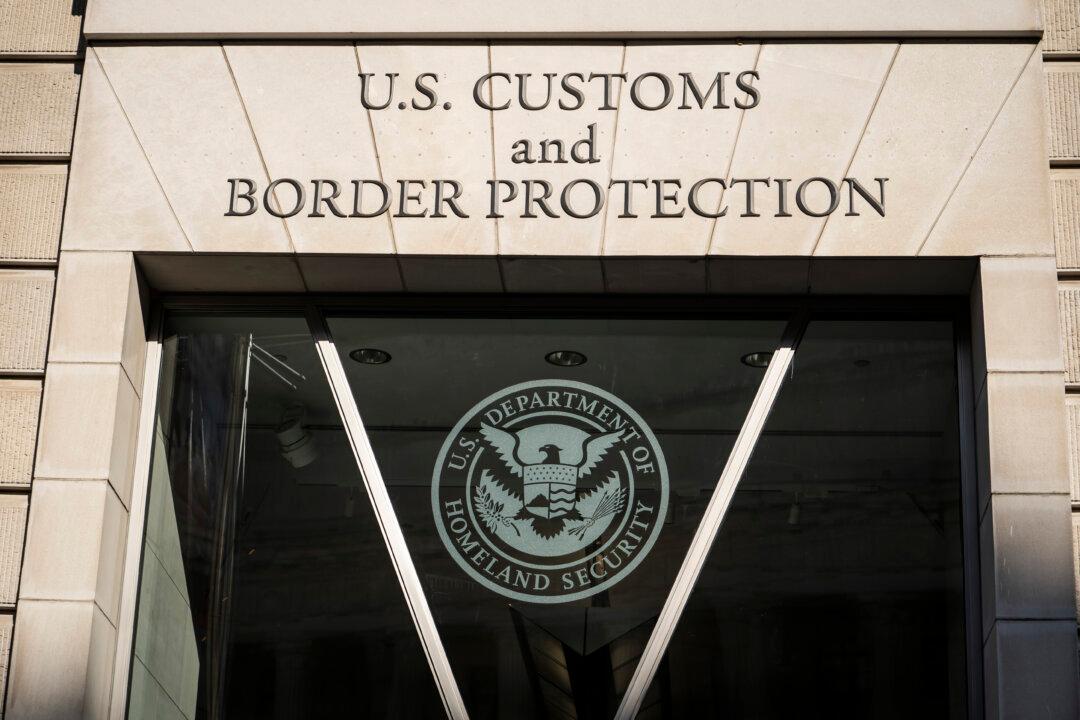Hong Kong leader Carrie Lam refused to comment on the status of the Chinese Communist Party’s proposed national security law for her city during her weekly press conference on June 30, despite local media reporting that the law has been passed in Beijing.
Lam said that it was inappropriate for her to comment on the law since the standing committee of China’s rubber-stamp legislature, the National People’s Congress (NPC), was still having its meeting Tuesday morning.
She added that once the law was passed by the NPC standing committee and added to the annex of Hong Kong’s mini-constitution, the Basic Law, her administration would then answer questions on how the law would be implemented and enforced in Hong Kong.
Beijing formally began the process of drafting a national security law for Hong Kong on May 28, after the NPC conducted a ceremonial vote. The law would criminalize those who engage in activities connected to “subversion, secession, terrorism, and foreign interference” against the Chinese Communist Party (CCP).
On June 20, the NPC standing committee released more details about the draft proposal: Beijing would have jurisdiction over certain cases under exceptional circumstances, the regime would also establish a national security agency in the city, and the chief executive—a position currently held by pro-Beijing leader Carrie Lam—would appoint judges to hear national security-related cases.
US Sanctions
At the presser, Lam also said that she would not be “scared” of any sanctions imposed on Hong Kong by the United States when answering a reporter’s question.Hours before her press conference, the U.S. State Department announced that it will end exports of U.S.-origin defense equipment to Hong Kong, as well as restrict U.S. defense and dual-use technologies in the former British colony given Beijing’s intentions to impose its national security law.
“The United States is forced to take this action to protect U.S. national security,” U.S. Secretary of State Mike Pompeo said in a press statement. “We can no longer distinguish between the export of controlled items to Hong Kong or to mainland China.”
After the press conference, three founders of Hong Kong’s local pro-democracy party Demosistō; Joshua Wong, Agnes Chow, and Nathan Law, announced their withdrawal from their party.
Wong, who also announced his resignation from his secretary-general position in the party, wrote that he will continue to exercise his beliefs in his personal capacity, in the face of an “uncertain future” with the national security law.
Law wrote that he will continue to take part in the mass protests in Hong Kong in a personal capacity.
Chow wrote that her decision to leave the party was a “heavy and forced decision.”
She added that she will not take part in any international activities in the future in the face of a “bitter winter” ahead.





